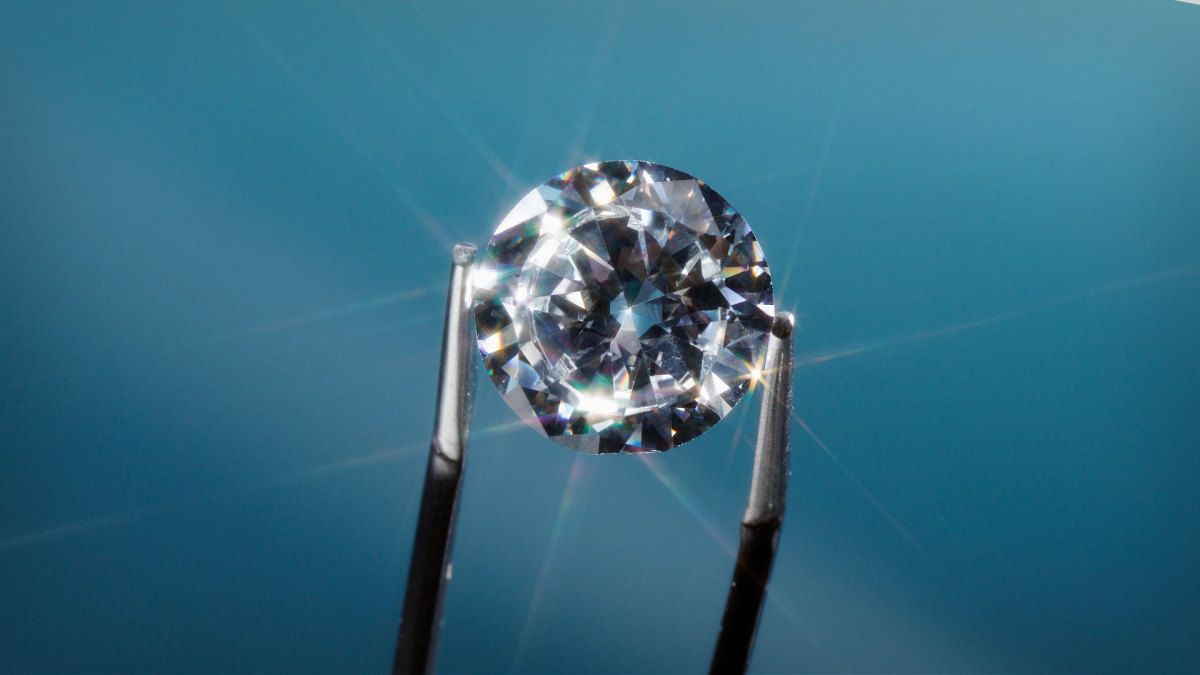Innovative luxury company files surprise Chapter 7 Bankruptcy
The company's filing was not expected and the brand faces a bleak future.

Some bankruptcies happen because a company loses the interest of the public. If you don't sell enough merchandise, it's hard to stay solvent.
In most cases of retail bankruptcies, it's a combination of factors that almost always involve the company's debt. In many cases, falling sales and rising expenses create a situation where the company can't meet its obligations because so much of its free cash goes to paying off debt.
Related: Key Walmart and Kroger supplier files Chapter 11 bankruptcy
When that happens a Chapter 11 bankruptcy sometimes allows a company to find relief from some of its debt. That could be vendors forgiving some bills, landlords lowering rents, or new financing coming on board.
In recent months, both Party City and David's Bridal used Chapter 11 to reorganize their business and return to normal operations with better balance sheets. In other cases, Bed Bath & Beyond, Tuesday Morning, and Christmas Tree Shops, the companies could not find viable plans and ended up being liquidated.
In all three of those liquidations, the underlying business could have been profitable without the company's existing liabilities. That meant there was some path to success even if those three retailers could not get vendors and lenders to agree on a funding plan.
There are, however, bankruptcy cases where the underlying business conditions changed leaving the company unable to compete. That's what happened to WD Lab Grown Diamonds, the second-largest player in the lab-grown diamond space which sold its products to a number of top jewelry retailers. Image source: Getty Images
Lab-grown diamond company files Chapter 7, will liquidate
While it's a pioneer in the lab-grown diamond space, WD Lab Grown Diamonds, which is based in the Washington D.C. area, has struggled to compete with overseas rivals. The market has been flooded with diamonds produced in China and India which have driven prices down.
WD also initiated patent lawsuits with six companies over patents it had licensed from the Carnegie Institution of Washington. Five of the six lawsuits were settled, but Fenix Diamonds fought the case and denied any wrongdoing, Jeweller Magazine reported.
Ultimately, the cases was dismissed and a summary judgment was issued in favor of Fenix Diamonds.
“The patent battle hurt WD with one of its main assets: its reputation.“In the early days of lab-created diamonds, some considered their competitors either too murky or too controversial," Rob Bates of JCK Online, a leading industry website said. "The people at WD, by contrast, were generally well-liked. The lawsuits blew up a lot of goodwill.”
WD Lab Grown Diamonds has bleak finances
The bankruptcy filing showed that WD Lab Grown Diamonds has $44.8 million in debts and $3 million in assets. About $3 million of the company's debt is owed to the firm that represented it in the Fenix Diamonds lawsuit.
After a review by its board, WD Lab Grown Diamonds found that it has no viable financial path forward.
"The board has determined that it is desirable and in the best interests of the companies and their creditors, employees, and other parties in interest, that the companies file or cause to be filed a voluntary petition (the 'Chapter 7 Case') seeking relief under the provisions of Chapter 7 of Title 11 of the United States Code," the company shared in its court filing.
In the next step, the court will appoint a trustee to oversee the disposition of the company's assets. That's not expected to bring much relief for its creditors given the limited value of the company's remaining assets.
The Chapter 7 filing was forced by the company's main lender, Tree Line, which foreclosed on WD Lab Grown Diamond's loans.
"As a direct and proximate result of Tree Line exercising its rights, Tree Line took ownership and possession of substantially all of the debtor's assets, including all or substantially all of the debtors’ cash, intellectual property, and equipment," the company wrote in the court document. "...all cash receipts received after the petition date were part of the assets foreclosed upon by Tree Line and thereby remain subject to the security interest of Tree Line."
What's Your Reaction?

























































